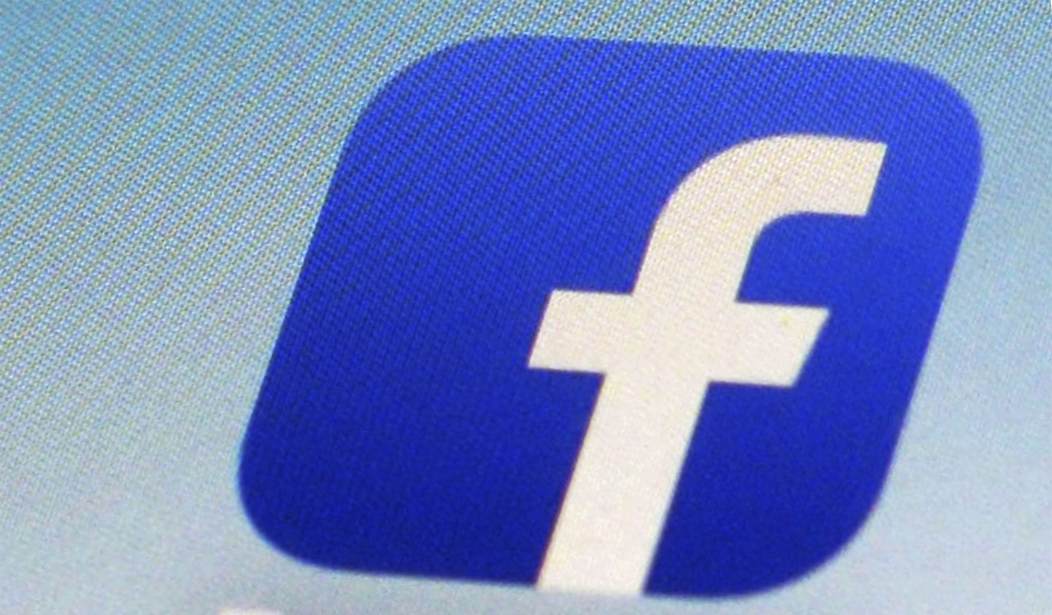The hyperbolic rhetoric from anti-freedo-sorry-pro-freedom so-called conservatives regarding Big Tech is now a full-blown inquisition against those who oppose their misguided efforts. The latest salvo comes from a sternly written letter from American Principles Project issuing a dire warning to House and Senate members about any sort of meeting with groups looking to prevent Big Tech regulations.
“Big Tech’s spending spree on the Right will no longer be a secret, or even an open secret,” APP’s Policy and Government Affair Director John Schweppe admonished Congress this month. “Those who take from the Silicon Valley cartel that is actively undermining our constitutional regime will be spotlighted on the national stage just as much as those who give. As such, I caution all of you to carefully consider your interactions with Big Tech-funded groups, especially when discussing issues related to Section 230, antitrust, common carrier regulations, and political appointments to relevant regulatory bodies, including the Department of Justice, Federal Trade Commission, Federal Election Commission, and Federal Communications Commission.”
Schweppe gave lip service to the idea of hearing both sides but strongly implied think tanks including American Enterprise Institute, Cato Institute, and R-Street have been bought off by Google’s policy team. As if Cato and R-Street support the same government-enforced minimum wage hikes or government-backed incentives promoted by Google and Facebook (they don’t).
What about Section 230? Big Tech doesn’t necessarily support the measure outright, despite APP’s assertions. Google and Facebook defended Section 230 during a March congressional hearing but also indicated their support for some reform. Mark Zuckerberg suggested a third party was needed to make sure companies maintain “fair and clear” moderation policies while pleading with Congress to require rules “by which companies make and enforce their rules about content that is harmful but legal.” The idea earned Zuckerberg a harsh rebuke from Electronic Frontier Foundation, a group also named in APP’s missive, for “asking Congress to change the law to ensure that Facebook never faces significant competition…”
R-Street and Cato remain firm in their defense of Section 230. Both groups rightly believe getting rid of Section 230 ends up hurting Americans more than helping because all platforms would become liable for what’s posted on their site (This includes the HotAir comments section, meaning its ownership could be sued if a litigious leftist raises hay over a comment disparaging Congresswomen Alexandria Ocasio-Cortez or President Joe Biden.). There’s no wiggle room for so-called reform for R-Street and Cato, meaning APP’s claim they’re just beholden to Big Tech is utter nonsense and an outright lie.
One thing worth noting is AEI’s position on Section 230 and Big Tech tends to depend on the author. Visiting Scholar Mark Jamison seemed to imply support for Supreme Court Justice Clarence Thomas’s opinion on Section 230. Emeritus Senior Fellow Peter J. Wallison heaped praise on Thomas for showing “the way to resolving a serious issue in our political system.” In contrast, Visiting Fellow Daniel Lyons presented a more supportive view of Section 230. AEI also dinged YouTube (and owner Google) for its over censorship of certain ideas with Bret Swanson noting they were inviting even more government involvement. Not exactly performing fellatio on Big Tech in exchange for cash.
It’s apparent groups like R-Street and Cato are more interested in individual rights and the U.S. Constitution than APP or Big Tech. The former see the rise of Big Tech as a result of the government’s involvement in a host of issues including corporate welfare and tax incentives. They seek to loosen bureaucratic control so American individuals can thrive. APP’s crusade wants the heavy hand of government to force individuals and corporations to behave in certain ways, much like the left-wing organizations they claim to oppose. Big Tech desires to remain Big Tech, meaning it will take advantage of government subsidies or tax breaks when possible and attempt to protect itself once government puts its sights on them. After all, government subsidies mean it’s harder for Big Tech to lose versus up-start competition.
APP’s call for Republicans to think twice before listening to other lobbyists is pure politics and akin to a five-year-old complaining about having to eat green beans before getting dessert. It’s foolish, ill-tempered, and will harm more than it helps.








Join the conversation as a VIP Member